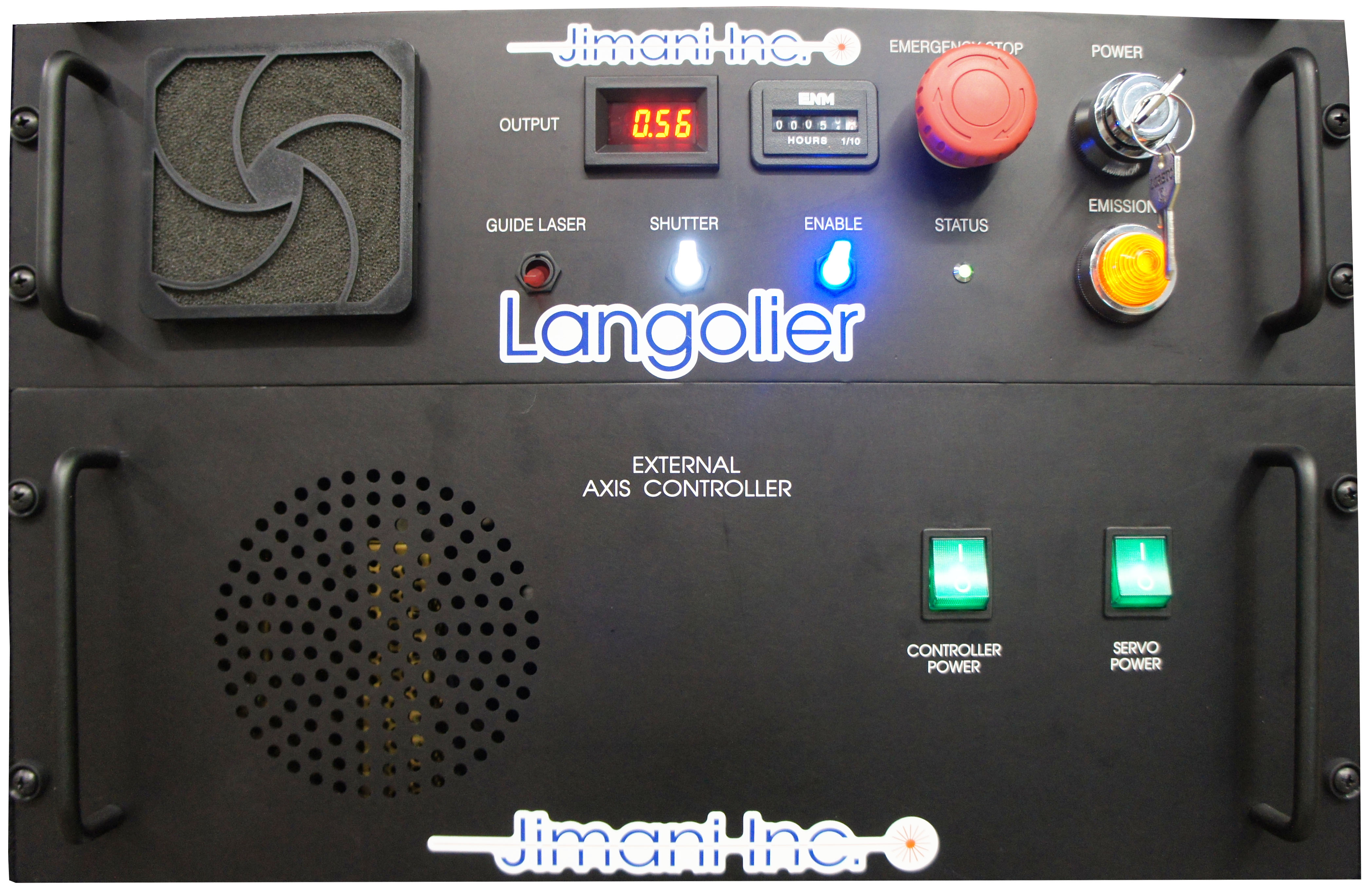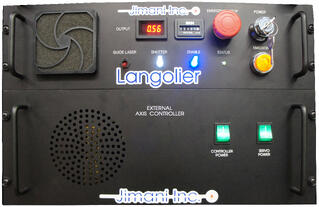Basic Langolier Fiber Laser Troubleshooting Guide
I believe that anything that is made can and will fail one day. I’m dismayed when I see advertising...

No system is perfect. No matter how well built or maintained, at at some point you’ll find yourself needing to troubleshoot an issue or problem. This is certainly true for any piece of equipment, including laser systems. With a number of components that need to work together to produce a good laser mark, even the best systems on the market will eventually need a bit of TLC.
 A fiber laser system is going to consist of a number of both hardware and software components. On the hardware side, there is the fiber laser module, the controller for the fiber laser module, the beam delivery and optical system and the control board of the computer that allows the software to communicate with the laser and scanhead. A failure in any of these components will result in poor quality marking or, worse yet, no marking at all. Almost all failures produce some type of symptom that can help to identify the root cause of the problem.
A fiber laser system is going to consist of a number of both hardware and software components. On the hardware side, there is the fiber laser module, the controller for the fiber laser module, the beam delivery and optical system and the control board of the computer that allows the software to communicate with the laser and scanhead. A failure in any of these components will result in poor quality marking or, worse yet, no marking at all. Almost all failures produce some type of symptom that can help to identify the root cause of the problem.
Software doesn't "break" and so, most marking problems or issues can be traced back to the hardware. The specific symptoms of a problem almost always point toward a specific hardware component. Understanding the function of each component goes a long way toward determining whether or not that component is operating correctly. Troubleshooting a problem doesn't need to be an involved process and this guide can help you navigate some of the most common problems and troubleshooting solutions.
On the software side of things, Prolase is a very robust program. Having said that, I always try to keep in mind something that I was once told by a very senior programmer: "There is no such thing as bug free software, there are only bugs that haven't been discovered." There are a few known bugs in Prolase XP but, since Prolase XP has been frozen since the release of Prolase 7 and Prolase 10, those bugs will not be corrected. Typically these bugs show up not in the actual marking but in the mark job setup. Prolase 10, the latest version of Prolase, has no known bugs and American Laserware is committed to resolving any that might be discovered.
Software 'problems" usually have to do with a user trying to perform a function that is outside the scope of the version of Prolase being used or the software not being able to communicate with the hardware components. Most issues that appear to be software related have their root cause in a hardware failure. Prolase is very stable and reliable and chances are that the problem is not in the software. An inadvertently modified and then saved Prolase configuration file can give the appearance of a software failure but it is really a miscommunication between Prolase and an unknown hardware device. At Jimani we keep archive copies of the configuration files of each system put into the field. The correctness of a Prolase configuration file can usually be confirmed with a quick phone call to Jimani.
Looking for more troubleshooting tips? Need a bit more hands-on help? Check out this guide to some of the most common fiber laser issues or contact us at any time with your specific problem!
I believe that anything that is made can and will fail one day. I’m dismayed when I see advertising...
The Jimani External Axis Controller for fiber laser marking systems is an accurate, high resolution...
Recently, a manufacturer of Class 1 medical devices contacted me with some questions about...